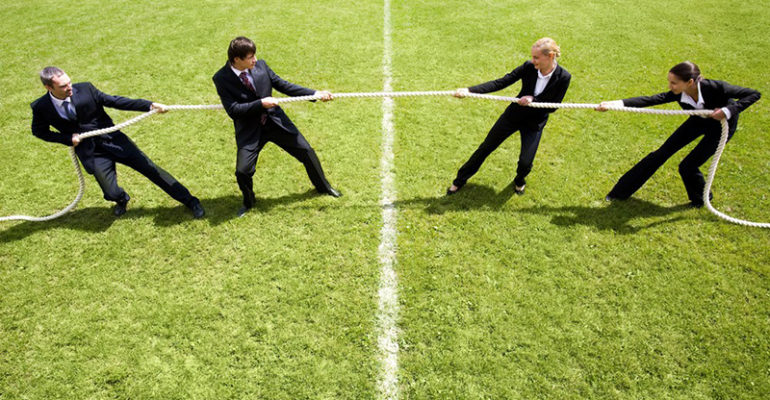Please, Not Another Team-building Event!

Please, Not Another Team-building Event!
“I need my team to connect and work better together, but I really don’t want another team-building event! My team members all seem very self-centred and I want them to look out for each other, share best practices and just get along. The thing is I really can’t justify another team-building event.”
Those were the words of one of my executive coaching clients who was feeling frustrated. He was a huge advocate of team ‘away days’ and his team already had one in recent months but the impact had been short-lived.
According to him, things were back to normal after a couple of weeks. They’d all had fun at the event and worked well together on various exercises but that did not translate into the much-needed change in their team dynamics back in the workplace.
Sound familiar? That’s not surprising.
Three Surefire Ways to Maximise Your Team-building Events
- Involve team members in prioritising agenda for the event. In my experience, off-the-shelf activities and events do not have the same level of impact that customised ones do. For maximum impact, dedicate some time to a proper Needs Analysis exercise to determine priorities before signing off on an event. I have found that the best way to do this is to build in 1-2-1 interview times with participants and get their views on the dynamics of the team. This doesn’t have to take time. Just 15 to 20 minutes per participant can uncover a lot about the existing team dynamics and what needs to change. This ensures different perspectives, not just the sponsor’s are captured. It also helps to get buy-in from participants. As a leader, this has the added benefit of making your team members feel engaged and take ownership.
- Where needed, ask your facilitator for assessments that focus on the team as a whole. As much as individual-focused assessments like MBTI and DISC help individuals understand their individual characteristics, preferences and behavioural styles so they can appreciate how they differ from others and adapt as needed, these assessments do not focus on the team as one entity. This is a necessary pre-requisite for creating a team identity. Systemic assessments such as Team Diagnostics Assessment (TDA) do just that. Systemic coaching and complimentary assessments like TDA help team members to focus less on what’s going on for them individually, and more on what’s going on for the team and what the team needs to flourish.
- Make sure all voices, especially marginalised ones are heard. Just like in most families, the person who complains or makes the most noise in a team tends to attract the most attention. However, they are not always the ones with the most wisdom or creativity. Remember the saying, “the squeaky wheel gets the oil”? In our systemic team development sessions, we strongly believe that all voices belong to the team and deserve to be heard. We create a safe environment and use various techniques to ensure that this is the case. This is key to truly maximising the potential of your team. One of our team coaching clients, a director at a leading investment bank captured the impact of this approach beautifully:
“Managing a large team of many different personalities brings a multitude of challenges and in particular communication is always on top of our agenda. Obi and her team have been instrumental in opening up discussion and self-awareness in my team. Her approach enables each participant to be an active part in the training. Whilst this might have been an unusual experience for many in my team it was just what was needed and Obi put everybody at ease. Even during a short period of time within the session it was clear to see the difference this made, quieter team members became much more engaged and more prominent team members took notice of what others had to contribute. The whole team left on a high and built on this success since then.”
Team-building events certainly add great value to teams and should be encouraged. The key to success is to really dig for what your team’s pain points are, plan to start addressing them at your event and engage your team members throughout the process. Also, ensure accountability is built in and that a follow-up is agreed.
There are no team development experts with a magic wand!
Now, over to you…
What additional tips do you have for getting the most out of team-building events? What has worked for your team? What hasn’t? If you would like to discuss other ways to ensure you get the most out of your team-building events or would like me to facilitate your next event, contact me for an informal chat.
Spread the Knowledge
If you found this article useful, please spread the word on social media, or send it to someone that would benefit from it.












